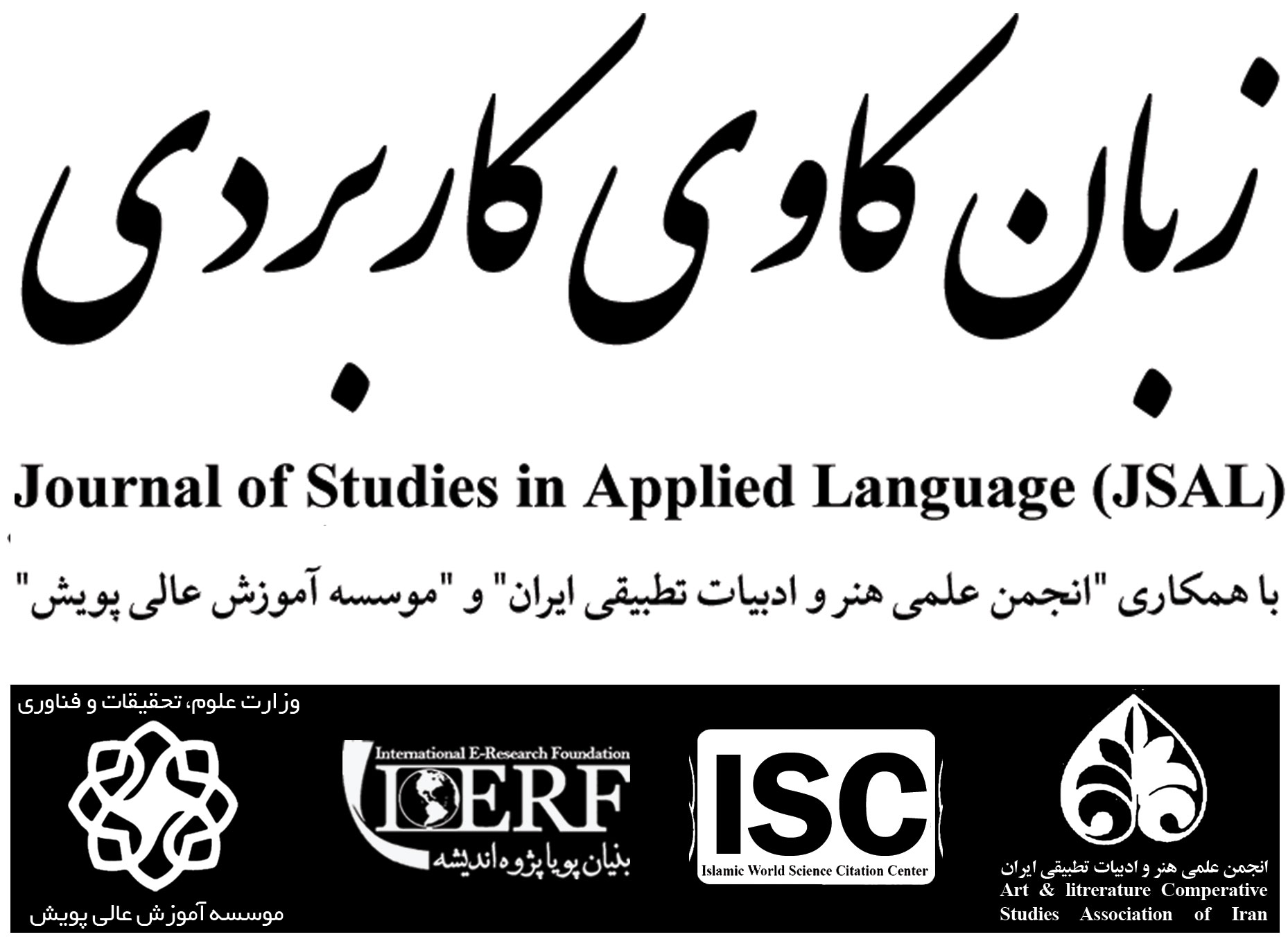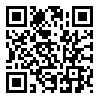<>
Volume 5, Issue 2 (Journal of Language Teaching, Literature & Linguistics (JLTLL) 2022)
JSAL 2022, 5(2): 207-224 |
Back to browse issues page
Download citation:
BibTeX | RIS | EndNote | Medlars | ProCite | Reference Manager | RefWorks
Send citation to:



BibTeX | RIS | EndNote | Medlars | ProCite | Reference Manager | RefWorks
Send citation to:
Pourjamal H. (2022). Addressing teacher self evaluation in Islamic religious texts [In English]. JSAL. 5(2), 207-224.
URL: http://jsal.ierf.ir/article-1-73-en.html
URL: http://jsal.ierf.ir/article-1-73-en.html
Guilan University of Medical Sciences, Iran , hakimeh_pourjamal@gums.ac.ir
Abstract: (2316 Views)
Self evaluation is developing a greater self-awareness about the nature and impact of one’s performance which provides opportunities for professional growth and development (General Medical Council, 2010). It is distinctly emphasized in Islam and its followers are advised to take some time periodically to evaluate their deeds. The present study aims at finding evidence that self evaluation has been taken into consideration in Islamic religious texts. It is also focused on how being inspired by self evaluation developed in Islamic religious texts can improve the quality of teachers’ job. To this end, verses of Quran and traditions were looked into with respect to self evaluation. Meanwhile, the recently developed approaches to self evaluation were explored to find out the relationship between the two outlooks and the contribution they might potentially have to develop self evaluation particularly among teachers. The findings show that self evaluation is considered as one of the basic tenets of Islam and within its framework, humans are the best evaluators of themselves. Teachers, walked through the whole self evaluation process by numerous Quran verses and traditions, are called to be consistent and spiritually motivated in order to do consequentially valid self evaluation. Self-evaluator teachers are urged to avoid bias, arrogance, pride, and self-enhancement, and make upward comparison to develop professionally. The findings of this study have implications for teacher development and teacher education. They can also be employed by English teachers as well as syllabus and textbook designers in the sense that they can take self evaluation developed in religious texts into account in EFL contexts.
Keywords: Teacher Self-evaluation, Religious Texts, Consequential Validity, Professional Development
Type of Study: Research |
Subject:
Language Teaching
Received: 2020/09/12 | Accepted: 2020/11/21 | Published: 2022/04/21
Received: 2020/09/12 | Accepted: 2020/11/21 | Published: 2022/04/21
Send email to the article author
| Rights and permissions | |
 |
This work is licensed under a Creative Commons Attribution-NonCommercial 4.0 International License. |






